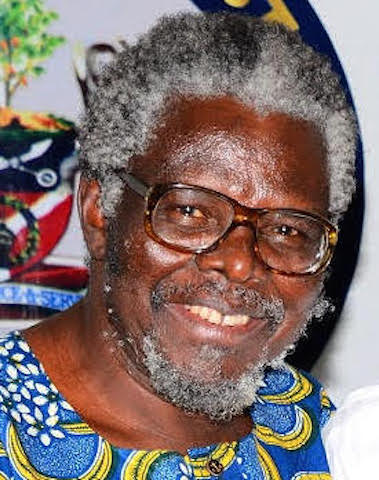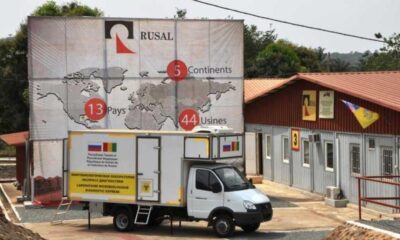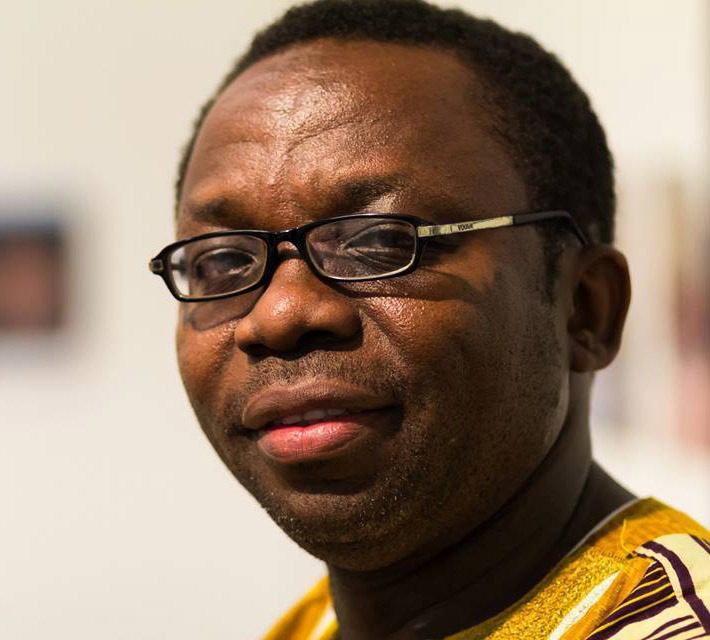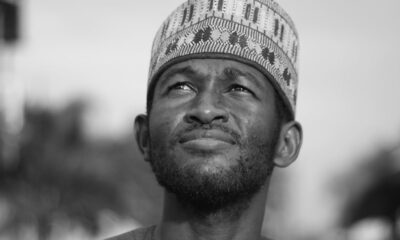Forgotten Dairies
Leftists, Tribalism, And 70-Year-Old History -By Edwin Madunagu

At the beginning it was called “tribal politics”; then it became “ethnic politics”; and, now, it is evolving into “identity politics”. But the phenomenon remains what it has always been—from colonialism to all its bourgeois successors. Sometimes it lies in low intensity—and many people forget it is there, all the time. At other times it flares up, blowing its poisonous venom everywhere, or merely raising its poisonous head-in silent warning. When the phenomenon erupted in Lagos during Elections 2019 (as it did in Elections 2015) and some Leftists vigorously confronted it in their own way and with their own weapons (through online publications and the social media), I reminded myself that exactly 70 years ago, in the same city of Lagos, a similar thing happened.
The immediate inspiration for this article comes from what youthful Nigerian Leftists, in their early and middle twenties, attempted to do about tribalism and ethnic politics in 1948. To four of these 1948 youths—Anthony Enahoro, Osita Agwuna, Habib Raji Abdallah and Oged Macauley—and their comrades, I dedicate this piece.

In late 1990, when I began the research of radical politics in Nigeria, I traveled from Lagos, where I worked in The Guardian, to Enugu to interview two older comrades: Mokwugo Okoye and S. G. Ikoku. I wanted to question them closely on two particular points made by Richard L. Sklar in his book, Nigerian political parties: Power in an emergent African nation(1963). I planned one particular question for each veteran. For Okoye, the question was on the reported radical opposition of young Nigerian Leftists to ethnic politics in 1948; and for Ikoku, it was on the manner of dispersal of these same militant nationalists and Leftists into bourgeois political formations a couple of years later. But we are restricting ourselves, in this essay, to only one of the questions: the one I posed to Comrade Mokwugo Okoye.
To re-formulate the question I posed to Okoye, I need to summarise the relevant stories as told by Richard Sklar in the sections “The Ibo and Yoruba nationality movements” and “Zikism and radicalism,” both covering pages 64 to 84 of the book. Before I departed for Enugu, I also consulted James S. Coleman’s book, Nigeria: Background to nationalism, particularly chapter 13, “The rise and fall of militant nationalism” and most particularly, the 6-page section “The Zikist Movement (1946-1950)”. And before then I had discussed with another senior comrade, Ayodele Curtis Joseph. My research at that point of departure had led to me to provisional interrogation of several of Richard’s findings and conclusions.
Richard Sklar had written: “The Zikists of (1946-1950) were angry young men of post war Nigeria (that is post-Second World War colonial Nigeria). They were inspired by a patriotic idealism that could not be reconciled with the tribalistic and self-seeking tendencies of the middle-class nationalists to whom they looked for leadership. Their alternative to tribalism, regionalism, and gradualism was a militant program of positive action to which they gave the name Zikism” (emphasis mine). The philosophy of Zikism, I may add, was originally inspired by the advocacies and activities of Dr. Nnamdi Azikiwe. But like left Hegelians who rapidly outgrew Hegel and Hegelianism in radical thought, the Zikists rapidly outgrew Azikiwe and the NCNC in militant nationalist consciousness.
Inaugurated in Lagos in February, 1946, the Zikist movement became a nationwide organization within two years. Its leadership in mid-life included Kolawole Balogun (its first president), MCK Ajuluchukwu, Abiodun Aloba, Nduka Eze, Habib Raji Abdallah, Osita Agwuna, Oged Macauley, Mokwugo Okoye, etc. The movement formally joined the NCNC, not as a youth wing, but as a group member.
Then came the last quarter of 1948, a momentous 3-month period in the history of militant nationalism in Nigeria. In his narrative, Sklar said: “In 1948 leaders of the Zikist Movement decided that a revolutionary political drive was required to stem the rising tide of tribalism and revitalize the NCNC”. (Sklar, page 74). The “revolutionary political drive” included the series of lectures and rallies organized by the Zikist Movement in Lagos between October and November, 1948. Prominent among them were the lecture, “A call for revolution”, delivered by Osita Agwuna and chaired by Anthony Enahoro on October 27 and “A call for positive action” delivered by Habib Raji Abdallah 11 days later, on November 7, 1948.
Osita Agwuna’s lecture was essentially a call for rebellion against the colonial power. He asked the people to stop paying tax to the colonial government and start paying it to the NCNC which he described as the new “People’s Provisional Government.” Both Enahoro and Agwuna were arrested and charged with sedition. Raji Abdallah, the president of the movement, declared in his speech that he was a “free citizen of Nigeria, holding no allegiance to any foreign government and bound by no law other than Nigerian native law and the law of nations.” He reiterated Agwuna’s crucial proposal, namely, “pay no more tax to this (colonial) government because if you pay, they use that money to perpetuate their domination over you.” He was arrested and charged with sedition. So were nine more Zikists. The movement responded by distributing copies of “A call for revolution” across the country. The Zikists had achieved their immediate aim: they averted an ethnic war!
According to Sklar, Abdallah refused to enter a plea and was jailed for two years. Agwuna challenged the authority of the colonial court to try him. He was jailed for three years. Enahoro was jailed for six months. Oged Macauley (the son of Herbert Macauley) and Fred Anyiam were each jailed for a year. Nduka Eze was acquitted. He was thereafter appointed by the movement to act for Abadallah, the jailed president. Less than a year later, in November 1949, Leftists and militant nationalists went again into battle against the colonial power—but now over the police shooting of several coal miners at Iva Valley, Enugu. Many more militants, including Nduka Eze and Mokwugo Okoye, acting president and secretary general of the Zikist Movement respectively were arrested and sent to prison.
Nothing in this entire narrative—as exciting as it was—would have taken me from Lagos to Enugu in late 1990 if not the issue of Sklar’s report of youthful Leftists’ intervention in the reported upsurge of “tribalism” and “ethnic politics” in Lagos in late 1948 and the dispersal of the militant nationalists and Leftists into bourgeois political formations after their tribulations of (1948-1951). Mokwugo Okoye was the substantive or Acting General Secretary of the Zikist Movement at the time of the movement’s first uprising (1948) and second uprising (1949).
On getting to Okoye, I put the question to him directly. He confirmed Sklar’s reports, but gave further details. A particular detail he supplied to me was that when Leftists discovered that young people were buying off matchets from Lagos markets for an ethnic war, they (Leftists) mobilized funds and tried to clear off matchets from the markets. On my return to Lagos, I confirmed Okoye’s detail with Curtis Joseph. Thus, militant nationalists and Leftists responded to the dangerous upsurge of ethnic politics in Lagos 70 years ago, first, by diverting the attention of the nation and the fighters politically and ideologically to revolutionary rallies, lectures, campaigns and agitations; and then by practically frustrating ethnic mobilization through the removal of the weapons of warfare from the market.
These were revolutionary interventions with the weapons and methods that were available. And these were adequate, for history rarely poses questions which revolutionaries of that age cannot resolve with materials and methods available or can be developed from what is available. The development of a coherent and consistent revolutionary response to contemporary ethnic or “identity” politics is what is required of the present generation of the Nigerian Left.
Madunagu, mathematician and journalist, writes from Calabar, Cross River State.
















